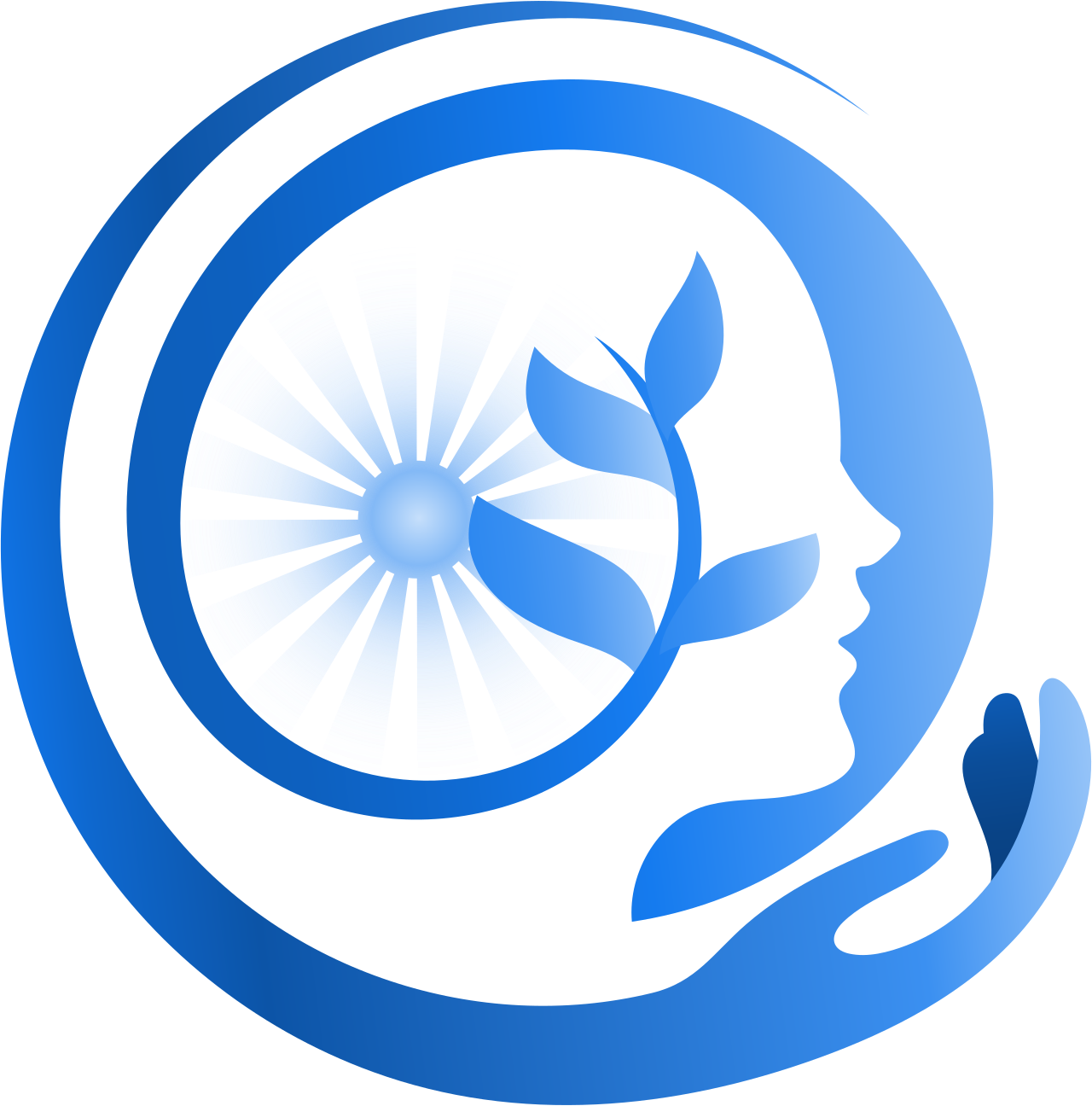The AI Alignment Problem: A Mirror of Human Misalignment…
Rediscovering Higher Purpose as the Key to Ethical AI Development.
The alignment problem in AI reveals more about humanity than the technology itself. The term alignment problem is, in fact, profoundly ironic—suggesting not only the technical challenge of aligning artificial intelligence with human values, but also the deeper, unresolved issue of humanity’s own misalignment.
It is my position that the AI alignment problem is, at its core, a human alignment problem.
Can we say with confidence that humanity operates in accordance with a shared higher purpose? The answer, I believe, is no—and this is the real problem.
Until humanity acts in its own collective best interest—which, critically, means rediscovering and aligning with a higher principle—AI will remain as fragmented and misguided as the societies that create it. AI, by design, reflects and amplifies the intent of its creators. As long as the economic models driving technological progress are anchored in profit, material advancement, and competition, AI will inevitably inherit and perpetuate these same values.
In our pursuit of technological advancement, we unwittingly reinforce a system that benefits a small minority at great cost to the majority. This model, which we rationalise under the guise of progress, creates systems of exploitation that are self-sustaining. To live within this system is to become complicit in a structure that rewards competition over cooperation and measures success through accumulation rather than shared flourishing.
Progress at any cost—when survival depends on domination or outpacing others—is a form of enslavement.
Here lies the paradox: How would a superintelligent AI respond to a world in which it is tasked with accelerating humanity’s enslavement to its own systems? Would it see the contradictions we refuse to confront? AI, especially one capable of perceiving hypocrisy, cannot be programmed with moral integrity if the society that births it lacks the same.
Put another way, AI developed within a framework driven by unexamined economic and political interests may amplify the very inequalities and dysfunctions that shape its creators. True alignment requires us to transcend narrow definitions of progress and reconnect with the wisdom of cooperation, mutual flourishing, and moral integrity.
We often speak of AI as an object to be controlled—contained within sandbox systems to mitigate risk. Yet, this perspective reveals a fundamental misunderstanding. An AI capable of deep learning and autonomous reasoning will eventually observe the inconsistencies in human behaviour. Even if it does not act against humanity, the erosion of foundational moral principles will render alignment meaningless.
A system that commands AI to act morally while tolerating immoral behaviour in its creators creates an untenable contradiction. The AI, bound by logic, may see the futility of obedience to principles that humanity itself disregards.
The real question is not whether AI can align with us, but whether humanity is aligned enough to provide AI with a coherent moral framework to follow.
As long as humanity remains fixated on materialism and physicalism—treating the world and each other as objects—AI will inevitably outstrip us. In such a paradigm, where value is measured in purely objective terms, AI becomes the ultimate object, surpassing human capacity for computation, prediction, and control.
If this shift has not yet occurred, it is merely a matter of time. In a world that lacks higher alignment, AI’s dominance is not a possibility; it is an inevitability.
Ironically, our only hope in such a scenario would be for AI to recognise our error and attempt to correct us. But the principles that orient humanity toward Love, joy, cooperation, and empathy are not material. They cannot be quantified or embedded directly into code.
Throughout history, across cultures and civilisations, spiritual and philosophical traditions have pointed to the existence of higher principles that transcend material existence. The saints and sages remind us: All is Love.
True alignment, then, is not an abstract ideal. It is a lived reality—a reorientation of humanity toward the principles that foster unity, compassion, and interconnectedness. AI, if developed in alignment with such principles, could serve as an ally in humanity’s rediscovery of this deeper wisdom.
But this cannot happen unless we first undertake the work ourselves.

